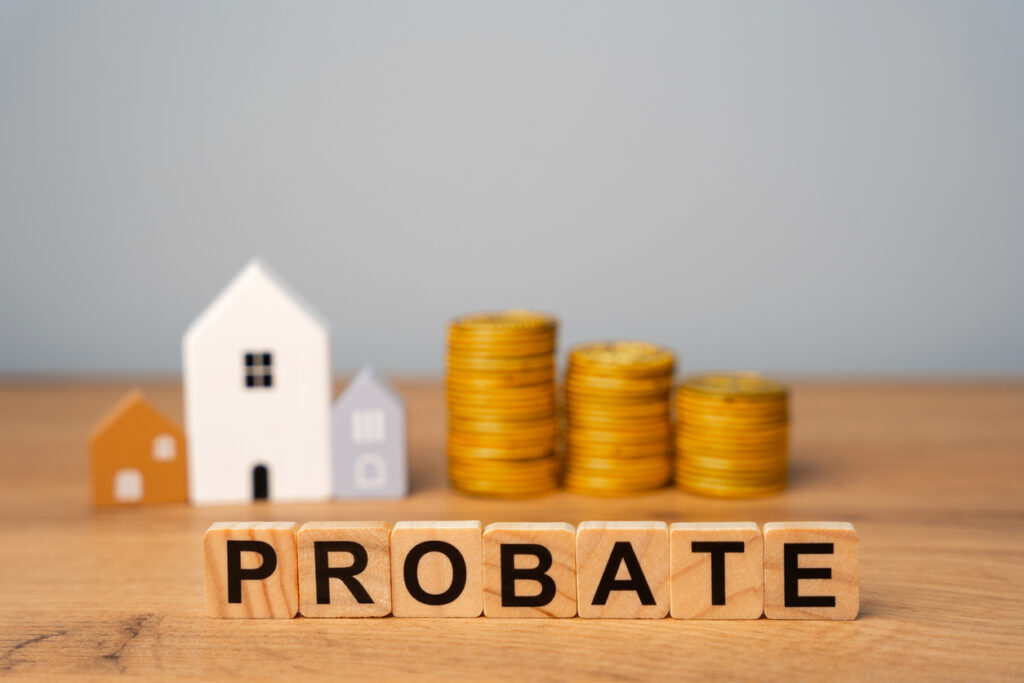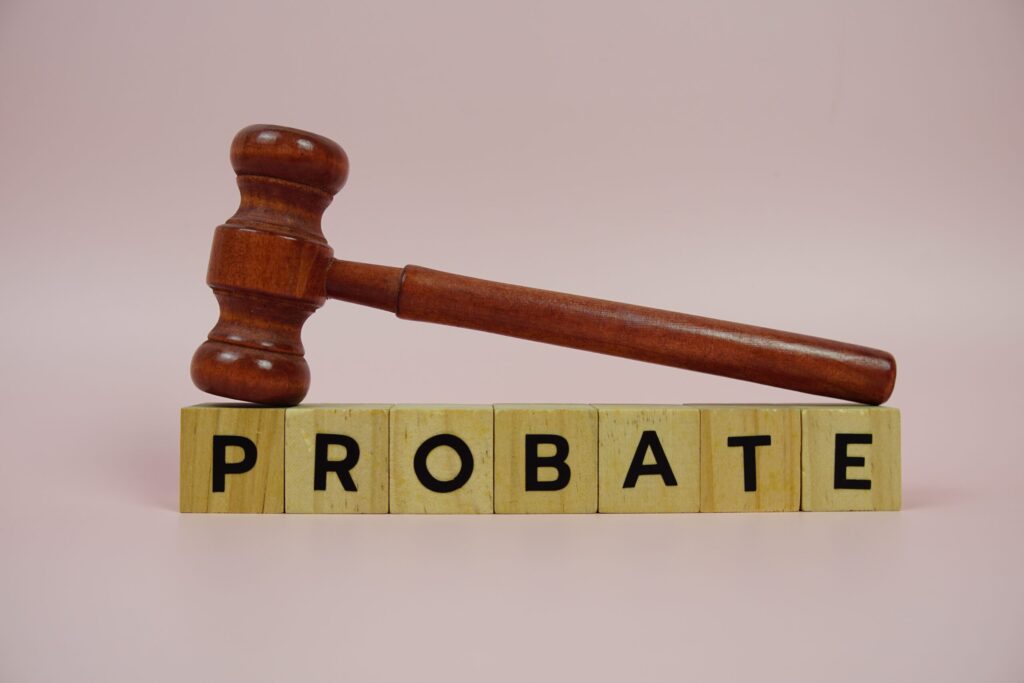The death of a business partner can be a pivotal event for a real estate partnership, triggering legal, financial, and operational changes. In Texas, probate law plays a crucial role in determining what happens to the deceased partner’s ownership stake and how the partnership proceeds. Navigating the impact of probate on real estate partnerships requires a solid understanding of both probate processes and partnership agreements. This article aims to shed light on these intricacies, exploring how probate can affect real estate partnerships, the key issues that arise, and how proactive planning can alleviate potential conflicts.
Understanding Probate in Texas: A Brief Overview
In Texas, probate is the legal process of administering a deceased person’s estate, ensuring their debts are paid, and their remaining assets are distributed to heirs or beneficiaries. If the deceased had a will, probate validates it and follows its instructions. If no will exists, the estate is distributed under Texas intestacy laws, which set out a hierarchy of heirs.
When real estate assets are involved, the probate process can become even more complicated, especially when these assets are tied to business partnerships. In real estate partnerships, how the probate process affects the surviving partners, the deceased’s estate, and the business itself depends on several factors, such as the type of partnership agreement, the deceased’s ownership interest, and the estate’s creditors.

Types of Real Estate Partnerships
Before diving into probate’s impact, it’s important to understand the different types of real estate partnerships in Texas. Each structure will experience probate differently:
- General Partnerships (GP): All partners share equally in profits, losses, and liabilities. A general partnership can face significant disruption when one partner passes away since every partner typically plays an active role in the business.
- Limited Partnerships (LP): In a limited partnership, there are both general partners, who manage the business, and limited partners, who are usually investors and do not partake in day-to-day management. If a limited partner dies, the probate impact may be less severe because the deceased typically isn’t involved in operations.
- Limited Liability Partnerships (LLP): Similar to a general partnership, except that partners are protected from personal liability. The death of a partner may still trigger changes in the partnership’s structure.
- Limited Liability Companies (LLC) with Multiple Members: Although not strictly a partnership, an LLC can be structured to function like one. The operating agreement of an LLC usually dictates what happens upon a member’s death, and probate may come into play if the agreement doesn’t outline clear succession plans.
How Probate Affects a Deceased Partner’s Interest in Real Estate
When a partner in a real estate partnership dies, their share of the partnership becomes part of their probate estate. What happens next depends on several factors:
- The Partnership Agreement: Most real estate partnerships have a detailed partnership agreement, which often includes provisions on what happens upon a partner’s death. The agreement can specify that the remaining partners must buy out the deceased’s interest in the partnership or that the deceased’s heirs will assume the interest and continue the partnership.
- Transfer of Ownership Interest: If the partnership agreement allows for the transfer of the deceased partner’s interest to their heirs or a designated beneficiary, this transfer will likely be subject to probate court approval. The court will ensure the validity of the will or, in the case of intestacy, will determine the rightful heirs. During probate, the partnership may be frozen or experience delays until ownership is settled.
- Buyout Provisions: Many real estate partnership agreements include a “buy-sell” clause. This clause outlines the procedures for the remaining partners to buy out the deceased partner’s interest, often at a pre-determined valuation. This can help avoid probate-related delays by keeping the partnership assets intact. If such a provision is absent, the probate court can decide to sell the deceased partner’s share, possibly to third parties.
- Valuation of the Deceased’s Interest: Probate courts value the deceased’s assets, including their share in the real estate partnership, to distribute the estate. The valuation process can be complex, particularly in real estate, as it often involves assessing both the property’s market value and the business’s income-producing potential. Disagreements over the value of the deceased’s share can lead to lengthy probate proceedings and disputes among heirs and partners.

Key Issues that Arise During Probate in Real Estate Partnerships
- Delays in Decision-Making: Probate can take months, sometimes even years, to resolve. During this time, the surviving partners may face delays in making important business decisions or accessing the deceased’s share of profits, which can strain the partnership’s operations and financial health.
- Potential for Disputes: Probate opens the door for disputes, especially if there is no clear directive in the partnership agreement. Heirs or beneficiaries may disagree on the value of the deceased’s interest or the management of the business. In the absence of clear instructions, these conflicts can escalate, affecting both the business and personal relationships among surviving partners and heirs.
- Estate Liabilities: The executor can use the deceased partner’s share of the partnership to satisfy their significant debts. This could lead to the forced sale of real estate assets or the deceased’s partnership interest to cover estate debts. The probate court may prioritize creditors over the surviving partners, potentially destabilizing the partnership.
- Transfer Restrictions: Many partnership agreements include restrictions on the transfer of a deceased partner’s interest to outsiders. This prevents third parties, such as the heirs or creditors of the deceased, from automatically becoming partners. However, if there is no agreement in place or the agreement lacks specificity, these restrictions may not apply, and probate could introduce new, unwanted partners into the business.
Mitigating the Impact of Probate on Real Estate Partnerships
Proper planning is essential to minimize the impact of probate on a real estate partnership in Texas. Here are a few strategies that can help protect the partnership and prevent long, drawn-out legal battles:
- Clearly Defined Partnership Agreements: A well-drafted partnership agreement is the cornerstone of any successful real estate venture. It should outline what happens upon a partner’s death, including buyout provisions, valuation methods, and restrictions on the transfer of ownership interests. By addressing these issues upfront, partners can avoid uncertainty and reduce the potential for probate-related disruptions.
- Buy-Sell Agreements: These agreements allow partners to buy out a deceased partner’s interest, typically with life insurance policies in place to fund the purchase. This ensures the partnership can continue smoothly while providing the deceased’s heirs with fair compensation. Buy-sell agreements hold particular value in general partnerships, where all partners actively participate in the business.
- Life Insurance: In some cases, partners take out life insurance policies on each other, which provide the funds necessary to buy out a deceased partner’s interest. This avoids the need to liquidate business assets or enter into protracted negotiations with the probate court or heirs.
- Avoiding Probate with Revocable Trusts: One way to avoid probate entirely is by transferring the deceased partner’s interest into a revocable trust during their lifetime. Upon their death, the trust can manage the partner’s interest without the need for probate, providing a seamless transition in ownership and management. However, setting up and maintaining a trust requires careful legal planning.
- Succession Planning: In some partnerships, especially family-owned businesses, succession planning is key. By identifying and grooming successors early, partners can ensure continuity in the business even after death. Probate proceedings will have less impact if there’s a clear line of succession in place.
Conclusion: Protecting the Future of Your Real Estate Partnership
The impact of probate on real estate partnerships in Texas can be profound, especially when a partnership lacks clear directives on how to handle a partner’s death. Probate can delay operations, introduce conflicts, and even threaten the partnership’s survival. By understanding how probate works and implementing proactive strategies like well-drafted partnership agreements, buy-sell agreements, and trusts, real estate partnerships can protect their future and ensure business continuity.
Partners should regularly review their agreements and estate plans to adapt to changing circumstances. After all, the best time to plan for the future is when everyone is still around to contribute to the discussion. Taking these steps now can prevent unnecessary disputes and ensure the partnership continues to thrive for generations to come.








